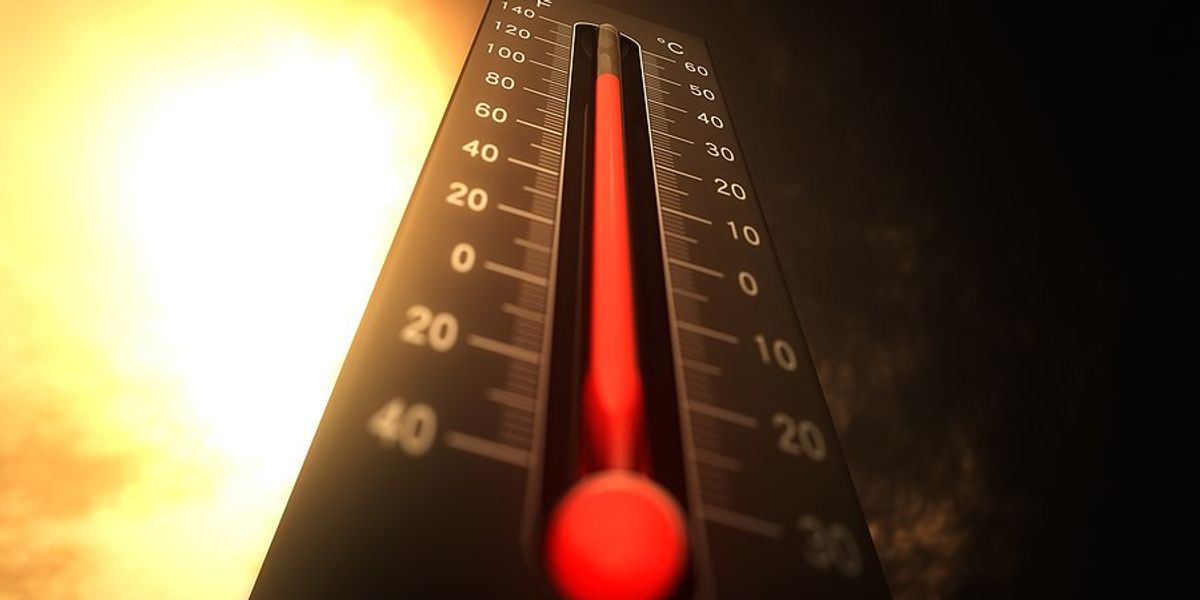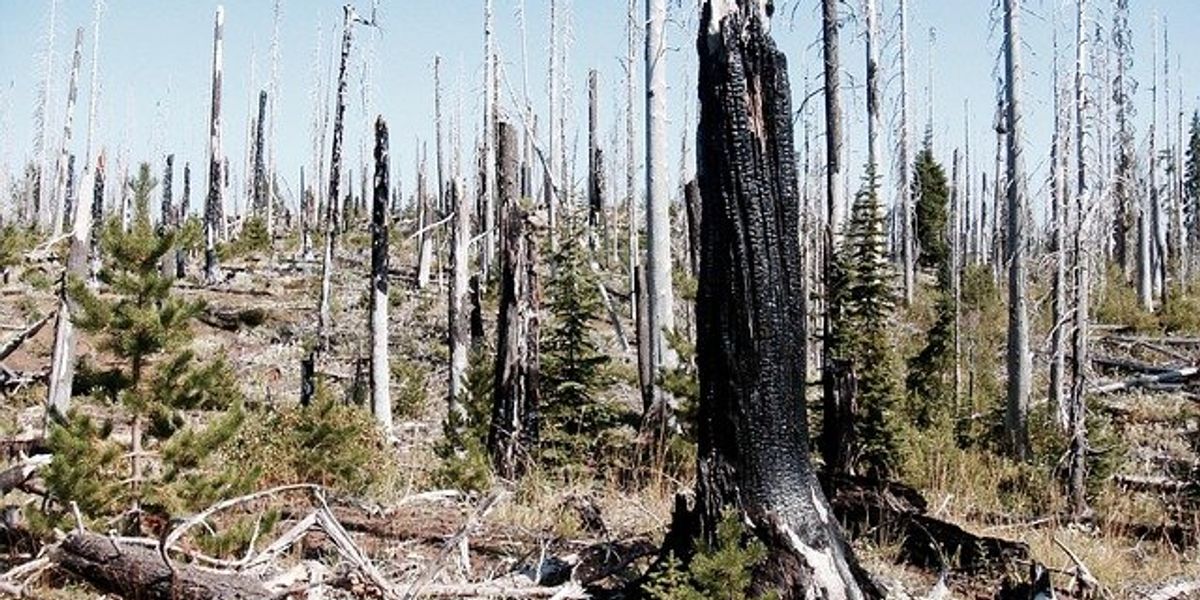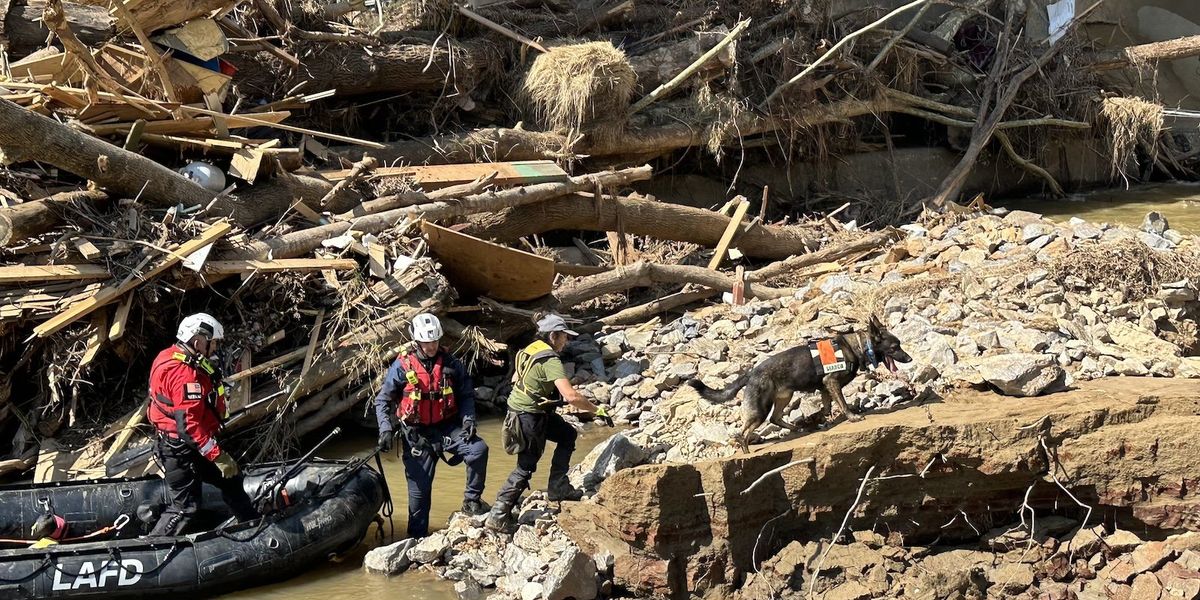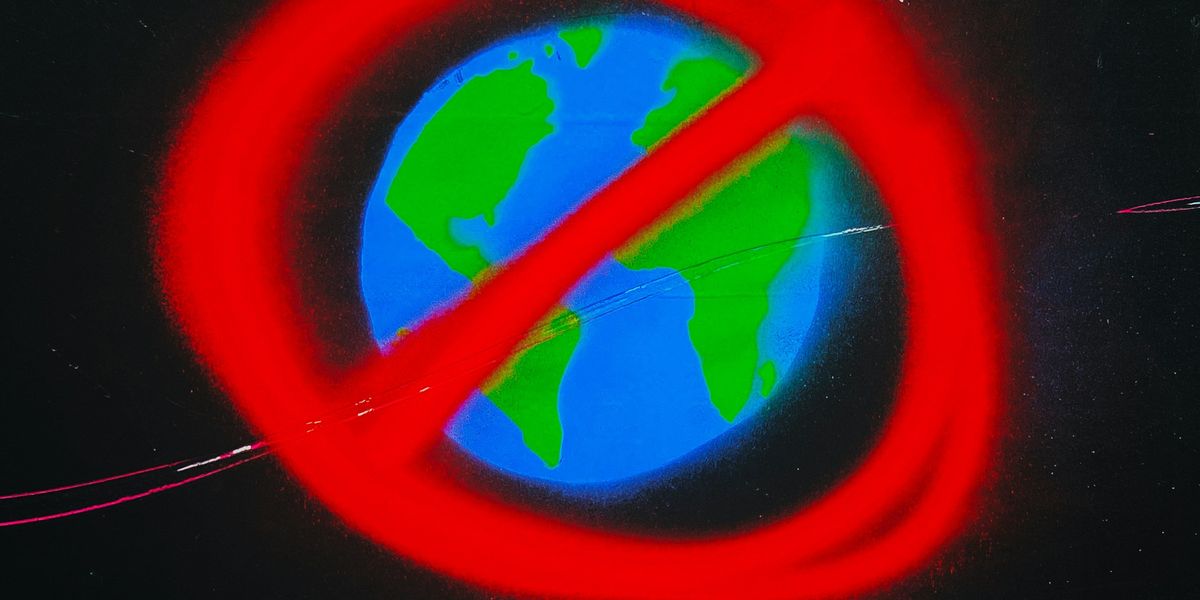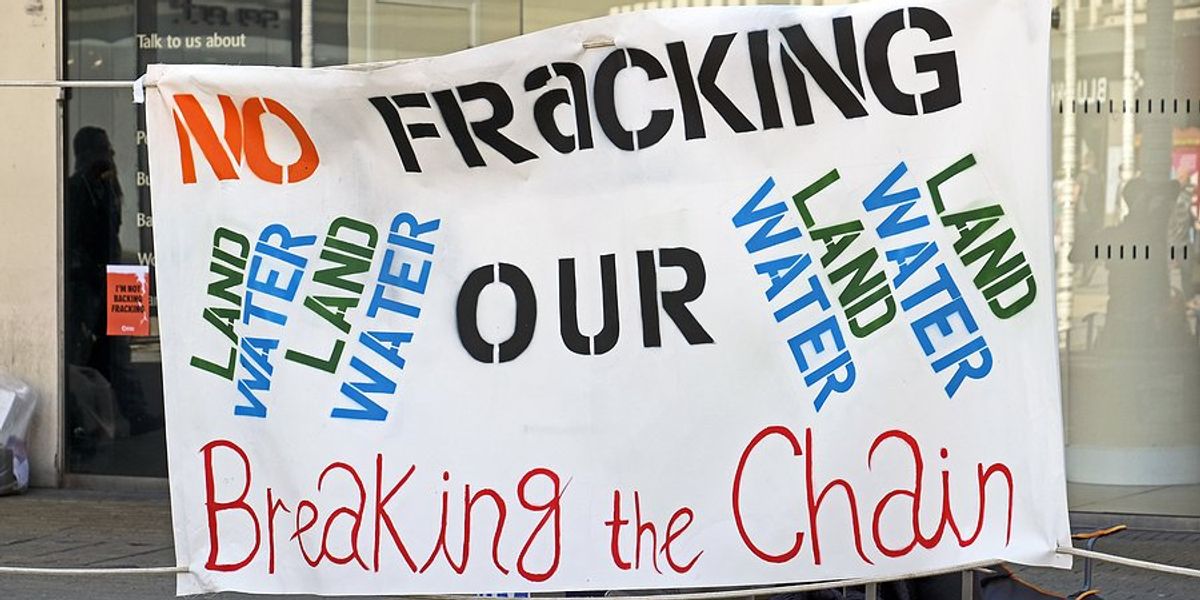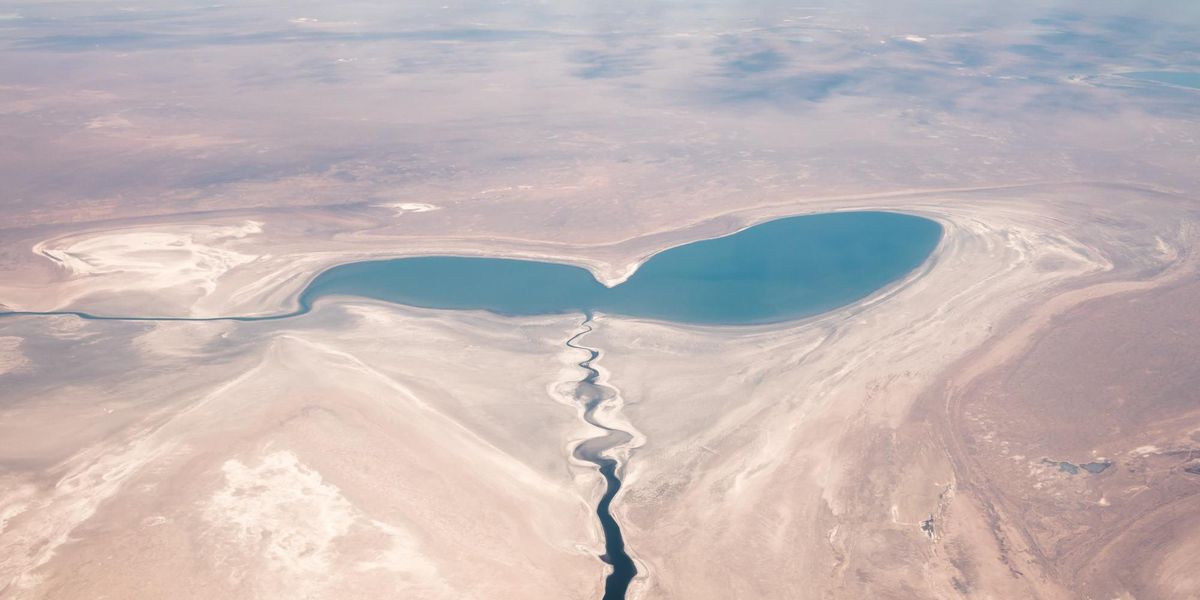
Peter Dykstra: What could possibly go wrong?
Five unfortunate delusions along the path toward environmental redemption.
The Aral Sea is an immense freshwater lake located between the former Soviet states of Kazakhstan and Uzbekistan.
Well, formally freshwater. And formerly immense.
After World War II, Soviet dictator Josef Stalin launched a plan to become the world’s cotton-growing king by diverting rivers that feed the Aral. The lake is now less than one-tenth its original size. Its remaining waters are saline. Much of the land once irrigated by the project are dry and dusty again. Pesticide-laden dust blows over the region.
Many of the fishing boats that once worked the Aral are marooned on dry land, miles from the shoreline and the now-salty water. There’s a concerted effort to stop the Aral from further shrinkage, but there’s no reasonable hope that this multi-sided tragedy can be reversed.
The Aral Sea blunder is just one of many environmental ideas that could have used a bit more workshopping.
Let's nuke it
There’s an American Cold War near-tragedy called Project Ploughshares that would have “helped” a remote Native Alaskan community by nuking it. Specifically, Point Hope would have won an instantly excavated deepwater seaport via The Bomb. But Point Hope said “no thanks” loud enough that even a 1959 Cold War-era Pentagon had to listen.
But wait… there are more ploughshares! In 1961, the head of what was then called the U.S. Weather Bureau suggested that we might someday calm hurricanes by dropping the Big One in its eye. But the ever-cautious Francis Reichelderfer added that the Weather Bureau would not become the world’s next nuclear-armed power “till we know what we’re doing.”
The idea didn’t arise again until reportedly raised by President Trump in 2019. (Trump denies it.) The National Oceanic and Atmospheric Administration immediately said that the idea of the nuke hitting a Cat Four would be “devastating.”
Select “stupid,” then hit “repeat.”
Not only is the idea of towing an iceberg from the polar regions so wildly dumb, but the fact that it keeps coming up over and over again makes it a classic.
In 2017, A swashbuckling marine salvage expert who dubbed himself “The Ice Pirate” pitched a plan to rescue South Africa from a brutal drought by lassoing an Antarctic berg. Nicholas Sloane never delivered the booty, however.
The Atlantic’s Alexis Madrigal put together what is so far the definitive work on iceberg wrangling back in 2011. He detailed plans by Scripps eggheads, Saudi princes, and outright hoaxers going back to the early 1800’s.
What hath Wooly Willy wrought?
To most American males, iron filings can mean only one thing: The legendary (b. 1921) hobo-ish clown toy surrounded by black, magnetized metal chaff. With a magnetic stylus, future stylists could draw Willy a Castro beard, a Charlie Chaplin ‘stache, or Amy Winehouse brows on Wooly Willy.
But a few entrepreneurs and scientists saw an eco-future for filings to reduce the very real menace of ocean acidification.
Scientists thought that large-scale introduction of iron might neutralize the growing acidity threatening ocean health.
An entrepreneur named Russ George also saw the potential for iron to “fertilize” seawater, boosting the growth of phytoplankton. But George’s methods got him tossed out of the territorial waters of three nations.
Dumping iron into the oceans has been a dead issue for a decade. Our oceans are still at risk.
But at least we’ll have a healthy supply of iron filings for future generations of Wooly Willys.
Peter Dykstra is our weekend editor and columnist and can be reached at pdykstra@ehn.org or @pdykstra.
His views do not necessarily represent those of Environmental Health News, The Daily Climate, or publisher Environmental Health Sciences.

